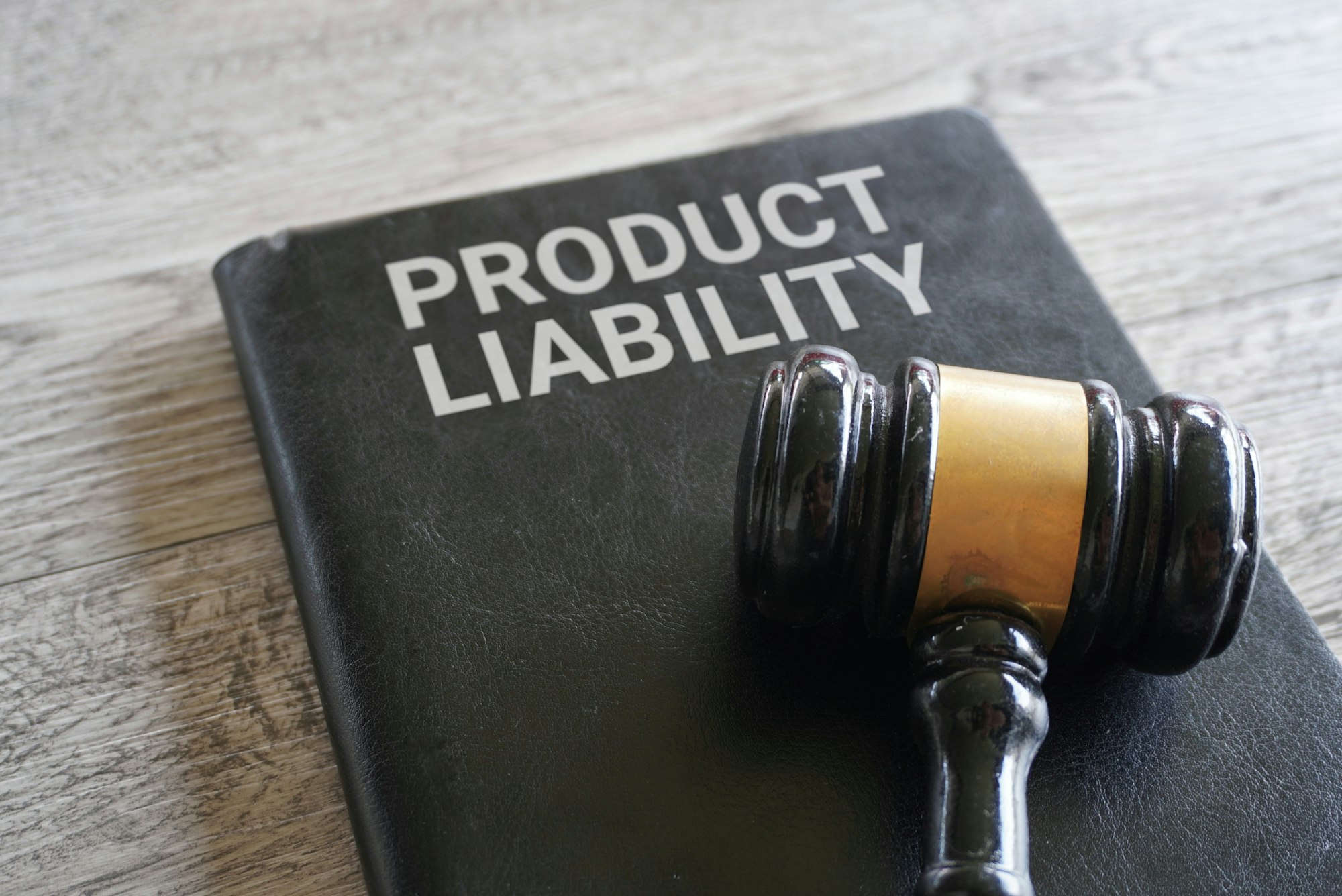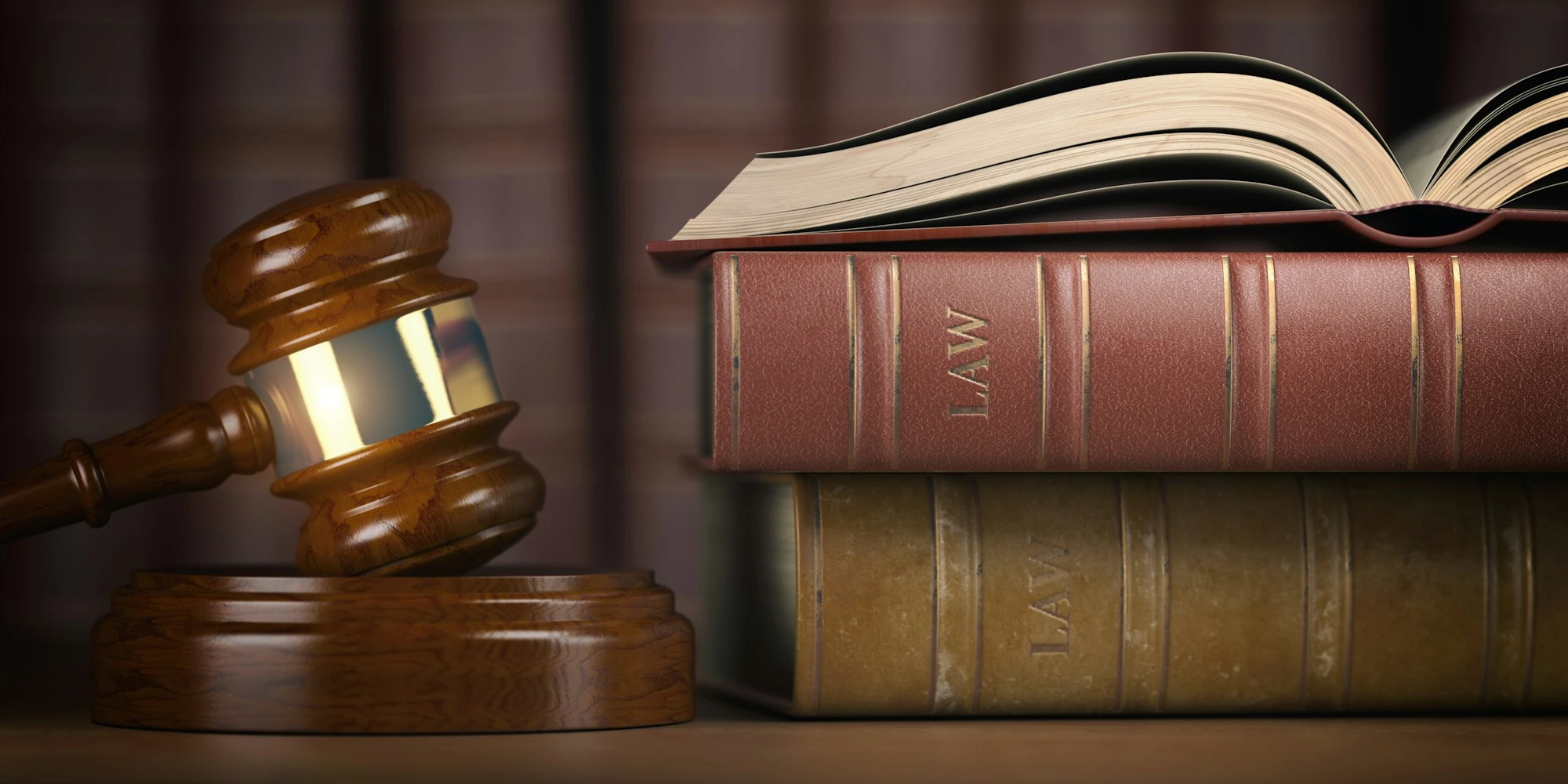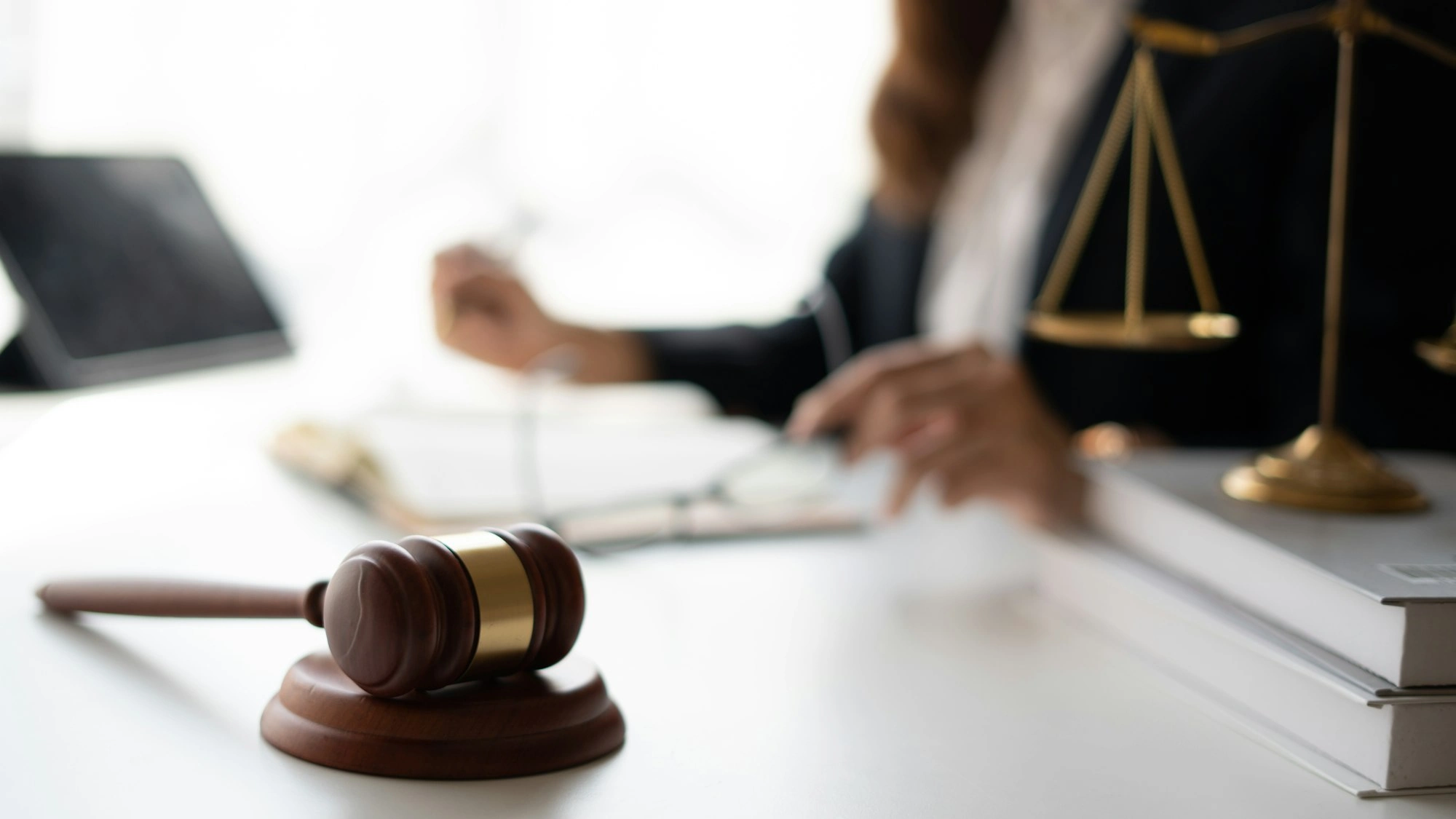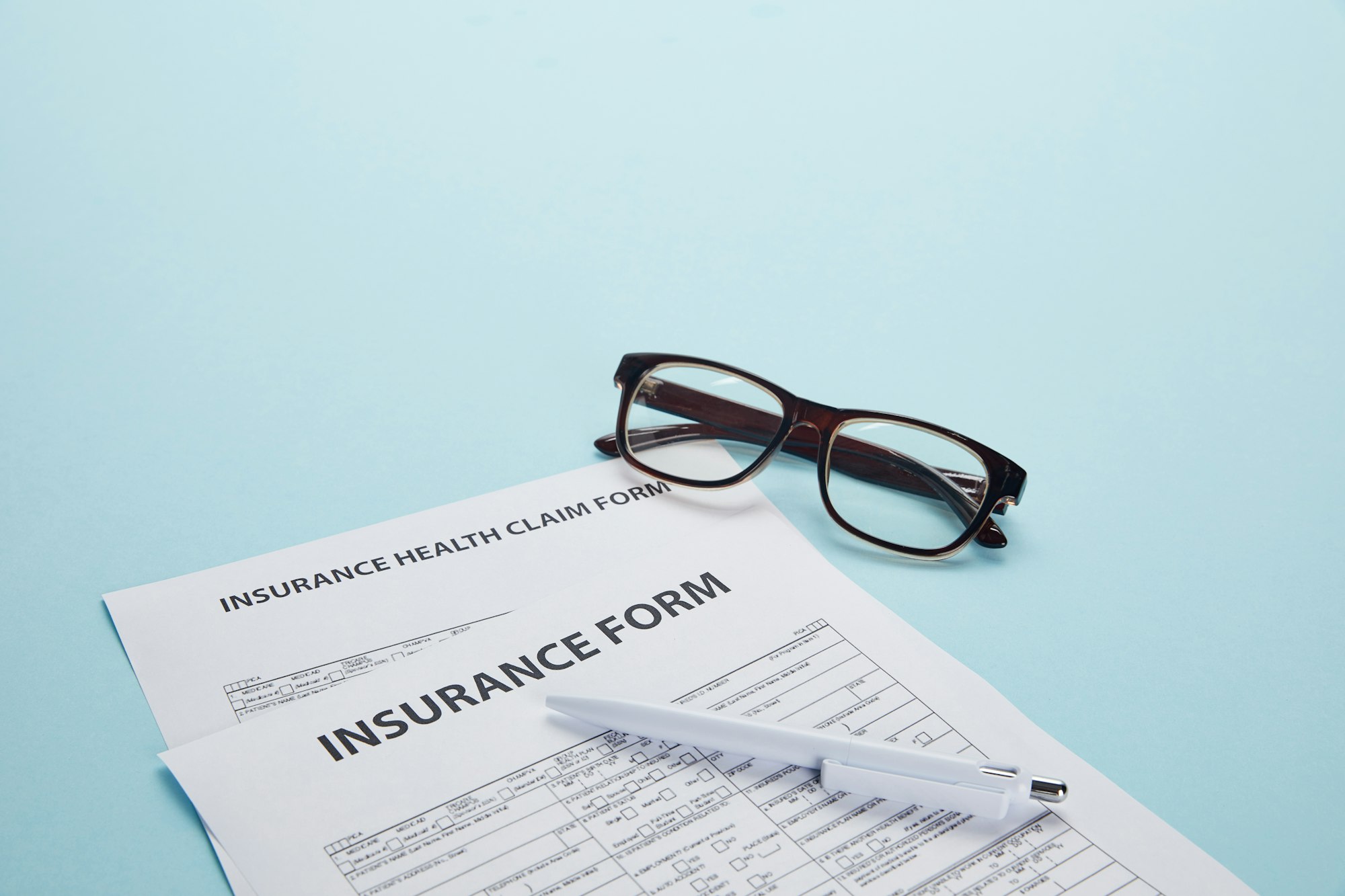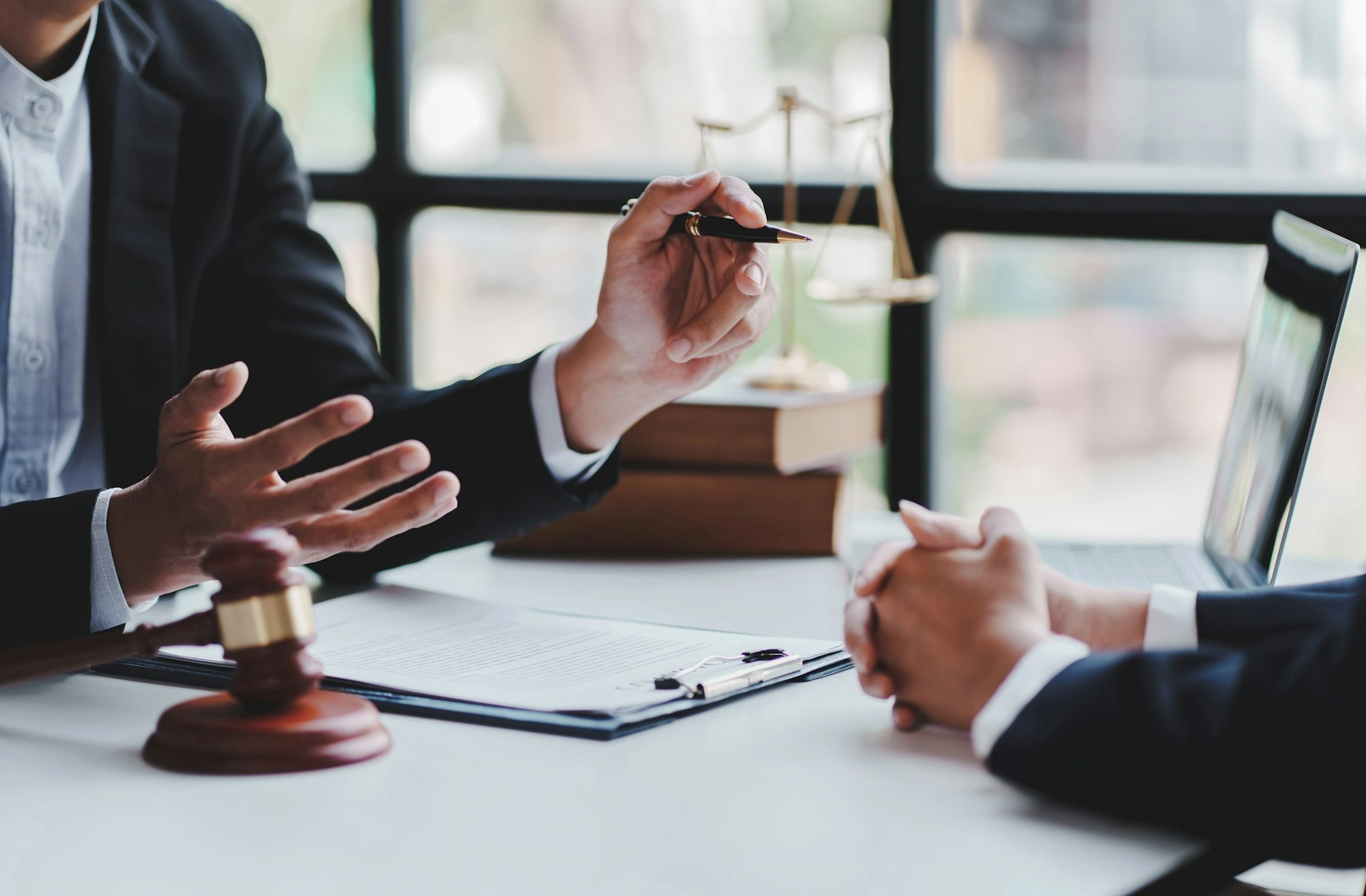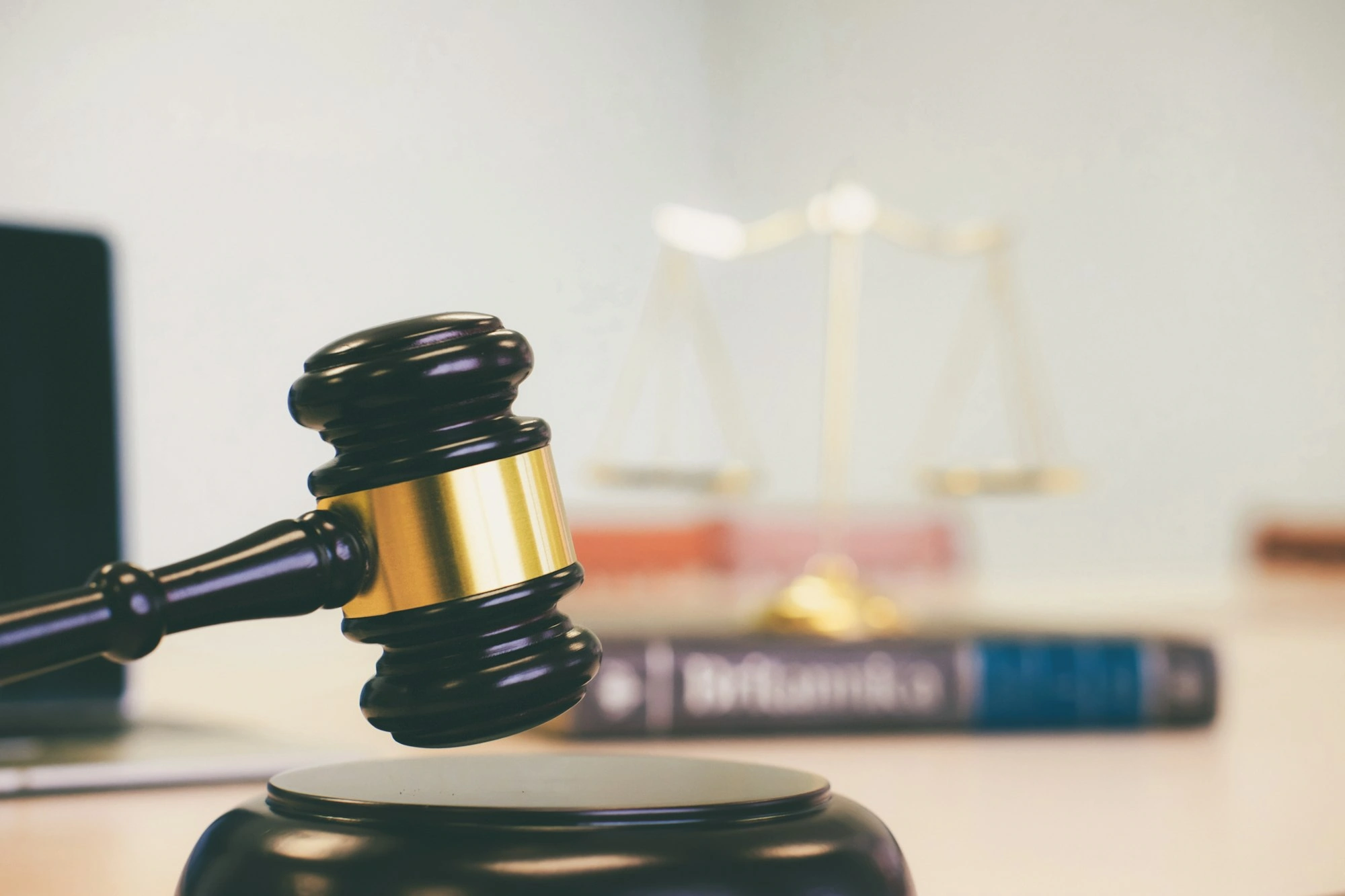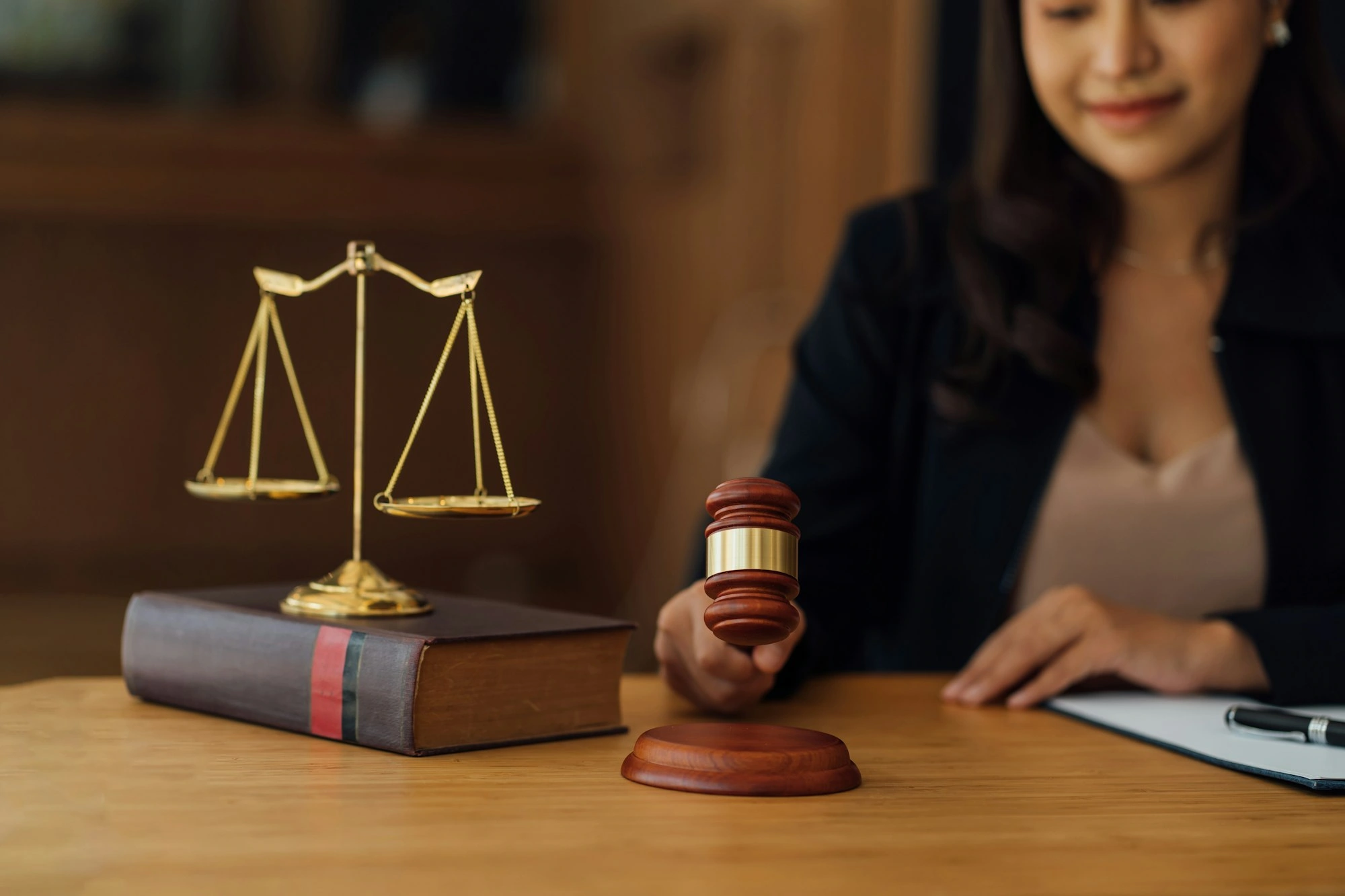SUITE #222
NV 89113
Las Vegas Product Liability Attorneys
Securing Accountability: Navigating the Complex Landscape of Product Liability
Have You Been Injured From A Defective Product In Las Vegas, Nevada?
In the bustling heart of Las Vegas, Nevada, where innovation meets entertainment, the risk of encountering defective products is as present as in any other part of the country. At Miller Personal Injury Attorneys, we understand the unique challenges and legal landscape of Las Vegas and are dedicated to representing individuals who have been adversely affected by defective products. Our experienced firm is well-versed in the complexities of product liability law in Nevada, and we stand ready to advocate for your rights and well-being.
Las Vegas’s dynamic market, with its vast array of consumer goods ranging from electronic gadgets to household appliances, and from automotive parts to recreational equipment, presents numerous opportunities for product-related injuries. Recognizing this, Miller Personal Injury Attorneys is committed to providing top-notch legal representation to those who have suffered due to the negligence of manufacturers, distributors, and retailers. With a deep understanding of both the local legal environment and the broader principles of product liability, our firm is uniquely positioned to navigate the challenges of these cases.
At Miller Personal Injury Attorneys, we don’t just see you as a client but as a member of our community who deserves justice and fair compensation. Our approach is characterized by a blend of empathy, expertise, and unwavering commitment to your cause. Whether you’re dealing with a defective product that caused injury or loss, our attorney is here to ensure that your voice is heard, and your rights are protected in the neon-lit courts of Las Vegas.
Product Liability
When it comes to consumer safety, product liability law plays a crucial role in holding manufacturers, distributors, and sellers accountable for the safety and quality of their products. In Las Vegas, individuals who have been harmed by defective or dangerous products have legal recourse under Nevada’s product liability laws. If you or a loved one has suffered an injury due to a faulty product, it’s important to understand your rights and options for seeking compensation and how Miller Personal Injury Attorneys can help you navigate the legal process.
Overview of Product Liability Law in Nevada:
Product liability law in Nevada is designed to protect consumers from harm caused by defective or dangerous products. Under Nevada law, manufacturers, distributors, and retailers can be held liable for injuries caused by products that are unreasonably dangerous or defective in their design, manufacturing, or marketing.
Types of Product Defects:
Three main types of product defects can give rise to a product liability claim in Nevada:
- Design Defects: These occur when a product’s design is inherently unsafe, making it dangerous for consumers to use as intended.
- Manufacturing Defects: These defects occur during the manufacturing process, resulting in a product that deviates from its intended design and poses a danger to consumers.
- Marketing Defects: Also known as failure to warn, marketing defects occur when a product lacks proper warnings or instructions for safe use, leading to consumer injury.
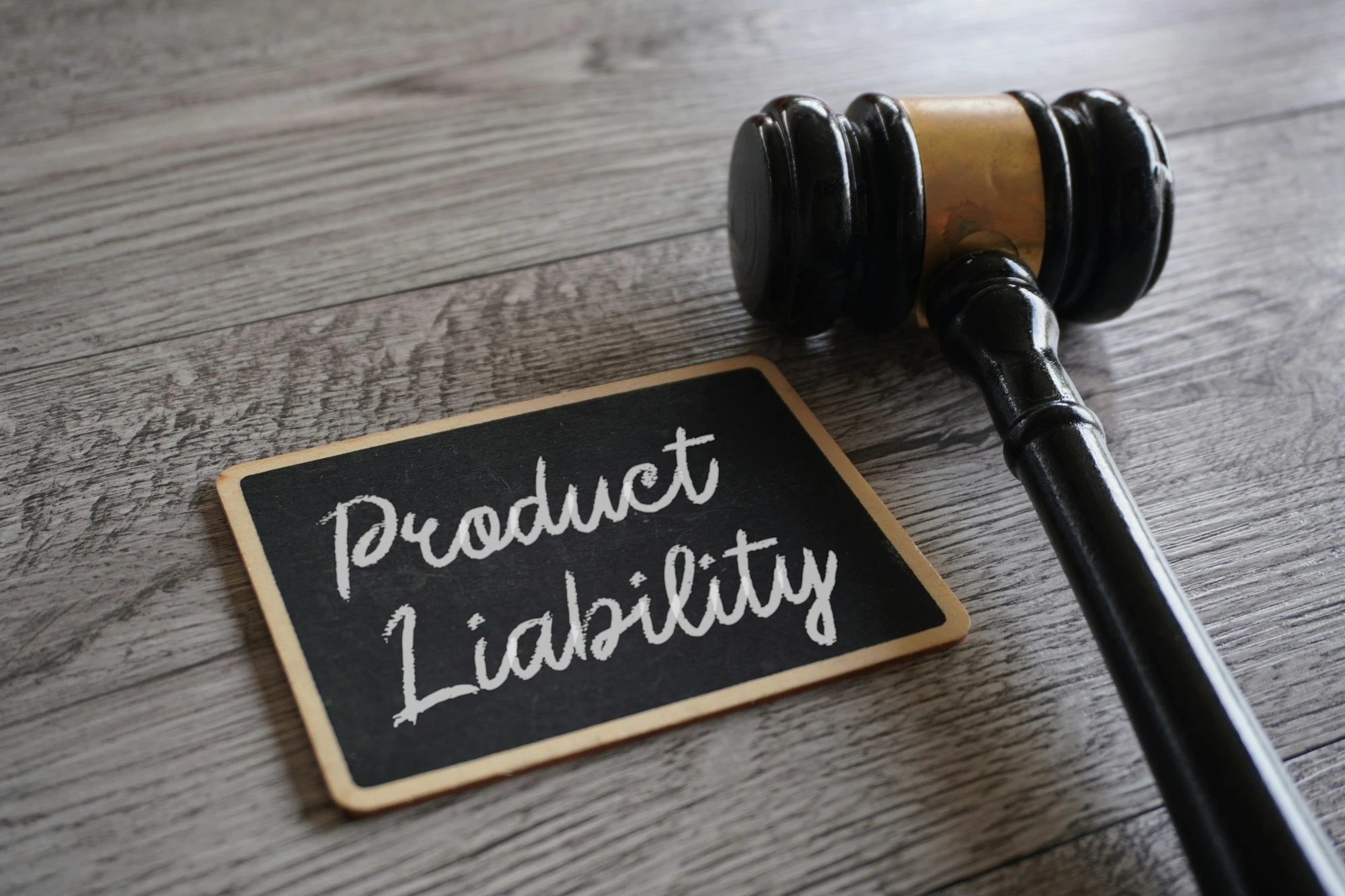
Importance of Product Liability
For Consumers: Product liability laws provide a safety net for consumers, ensuring they are compensated for injuries or damages caused by defective products. It instills confidence in the market, knowing there are legal avenues for recourse should something go wrong.
For Businesses: While the prospect of liability might seem daunting, it serves as a critical incentive for businesses to maintain high-quality standards. Companies invest in thorough testing and quality assurance to avoid the significant costs associated with liability claims.
Navigating Product Liability Claims
For Consumers: If you’ve been injured or suffered damage due to a defective product, it’s essential to preserve the evidence, document your experience, and seek legal advice. Product liability claims can be complex, involving meticulous examination of the product, its design, manufacturing process, and the manner in which it was marketed.
For Businesses: Prevention is key. Implementing robust quality control measures and ensuring clear, comprehensive product instructions and warnings can mitigate risks. Should a claim arise, having detailed records of a company’s product development, testing, and marketing efforts can be invaluable.
Legal Theories for Product Liability Claims
In Nevada, product liability claims can be pursued under several legal theories, including negligence, strict liability, and breach of warranty. Understanding which legal theory applies to your case is crucial in building a strong product liability claim.
- Negligence
Negligence in product liability involves proving that the manufacturer or seller failed to exercise reasonable care in the design, manufacture, or sale of the product, leading to the consumer’s injury. In Nevada, a negligence claim typically requires the plaintiff to demonstrate:
- Duty of Care: The defendant had a duty to provide a safe product.
- Breach of Duty: The defendant breached this duty through some act or omission.
- Causation: The breach of duty directly caused the plaintiff’s injury.
- Damages: The plaintiff suffered actual damages as a result of the injury.
Negligence can occur at any stage of the product’s life cycle, from design to distribution.
- Strict Liability
Strict liability is a critical aspect of product liability law in Nevada. Unlike negligence, strict liability does not require the plaintiff to prove that the manufacturer or seller was careless. Instead, the focus is on the product itself. If the product is found to be defective and causes injury while being used as intended, the manufacturer or seller can be held liable, regardless of the level of care exercised. The defects can fall into one of three categories:
- Design Defects: The product’s design is inherently unsafe.
- Manufacturing Defects: The product became unsafe during the manufacturing process.
- Failure to Warn: The product lacks adequate instructions or warnings about its use.
Strict liability aims to ensure that the costs of injuries resulting from defective products are borne by the manufacturers or sellers rather than the injured parties.
- Breach of Warranty
Warranty claims in Nevada can be based on either express or implied warranties. An express warranty is a specific promise made by the seller or manufacturer about the quality or functionality of the product. Implied warranties automatically apply based on the sale itself, without any explicit promise from the seller or manufacturer. The two main types of implied warranties are:
- Implied Warranty of Merchantability: The product is fit for the general purpose for which it is sold.
- Implied Warranty of Fitness for a Particular Purpose: The seller knows the particular purpose for which the product is bought, and the buyer relies on the seller’s expertise to select suitable products.
A breach of warranty claim arises when a product fails to meet the standards set by either an express or implied warranty, leading to the consumer’s injury.
Statute of Limitations
It’s important to note that there is a limited window of time, known as the statute of limitations, within which a product liability claim must be filed in Nevada. In Nevada, the statute of limitations for product liability claims is two (2) years from the date of the injury, with some limited exceptions.
Purpose of the Statute of Limitations
The primary purpose of the statute of limitations is to ensure fairness in legal proceedings. Over time, evidence may become lost or less reliable, and witnesses may move away, pass away, or lose their memory of the event. By imposing a deadline, the legal system encourages the timely filing of claims and helps ensure the availability of evidence and the reliability of witness testimony, thereby promoting justice.
Exceptions and Tolling
There are several exceptions to the statute of limitations that can extend the filing deadline. One common exception is the “discovery rule,” which starts the clock when the plaintiff discovers or should have reasonably discovered the harm. This is often applied in cases where the injury or damage was not immediately apparent.
“Tolling” is another legal principle that can pause or extend the statute of limitations in specific circumstances, such as when the plaintiff is a minor, mentally incapacitated, or if the defendant has left the jurisdiction.
Implications for Legal Claims
Understanding the statute of limitations is crucial for anyone considering legal action. Filing a claim after the statute of limitations expires can result in the dismissal of the case, regardless of its merits. For this reason, it is advisable to consult with our office as soon as possible after an event giving rise to a potential claim.
How Miller Personal Injury Attorneys Can Help with Your Product Liability Case
- Expert Case Evaluation
Miller Personal Injury Attorneys can provide a thorough evaluation of your case, considering the specifics of the product defect, the extent of your injuries or damages, and the applicable laws. We can help determine the viability of your claim and the best legal strategy to pursue.
- Identification of Liable Parties
Determining who is responsible in a product liability case can be complex, as the liability may extend from the product manufacturer to the retailer. Miller Personal Injury Attorneys can identify all potentially liable parties to ensure that your claim addresses the full scope of responsibility for your damages.
- Gathering and Analyzing Evidence
Building a strong product liability case requires substantial evidence, including the defective product itself, medical records, expert testimony, and more. Miller Personal Injury Attorneys can help gather and analyze the necessary evidence to build a compelling case on your behalf.
- Leveraging Expert Testimony
Product liability cases often require testimony from experts in fields such as product design, engineering, or medicine. Miller Personal Injury Attorneys can leverage its network of experts to provide authoritative testimony to support your claim.
- Navigating Complex Legal Theories
Product liability claims can be based on various legal theories, including negligence, strict liability, and breach of warranty. Miller Personal Injury Attorneys can navigate these complex legal theories to present your case in the most effective manner.
- Negotiating with Insurance Companies
Insurance companies often play a significant role in product liability cases. Miller Personal Injury Attorneys has extensive experience negotiating with insurance companies to obtain fair compensation for your injuries and damages without settling for less than you deserve.
- Representing You in Court
If a fair settlement cannot be reached through negotiations, Miller Personal Injury Attorneys is prepared to represent you in court. Our firm can manage all aspects of the litigation process, from filing the lawsuit to taking your case to trial.
- Advising on Statutes of Limitations
Product liability claims are subject to a two (2) year statute of limitations. Miller Personal Injury Attorneys can advise you on the relevant deadlines to ensure your claim is filed in a timely manner.
- Offering Personalized Legal Counsel
Every product liability case is unique. Miller Personal Injury Attorneys can provide personalized legal counsel tailored to the specifics of your situation, ensuring that your legal strategy aligns with your individual needs and objectives.
- Providing Emotional Support
Dealing with the aftermath of an injury or loss due to a defective product can be emotionally challenging. Miller Personal Injury Attorneys can offer not only legal support but also compassion and understanding throughout the process.
Frequently Asked Questions
We believe in keeping our clients fully informed throughout every stage of the legal process, empowering them to make well-informed decisions about their cases.
Recently Asked Topics
Product liability refers to the legal responsibility borne by manufacturers, distributors, wholesalers, or retailers for any injuries or damages caused by their products. This can include physical injuries, lost wages, property damage, pain and suffering, and other types of loss resulting from a defective product.
There are typically three types of defects considered in product liability cases: design defects (flaws in the product’s design making it inherently dangerous), manufacturing defects (errors occurring during the manufacturing process making the product unsafe), and marketing defects (failure to provide adequate warnings or instructions regarding the product’s use).
Liability can extend to any party within the product’s distribution chain, including the product manufacturer, a manufacturer of component parts, a party that assembles or installs the product, the distributor, the wholesaler, and the retail store that sold the product to the consumer.
Product liability claims are typically based on three legal theories: negligence, strict liability, and breach of warranty. The applicable theory depends on the specifics of the case and the jurisdiction’s laws.
Under strict liability, the plaintiff does not need to prove that the manufacturer or seller was negligent. It is enough to show that the product was defective, the defect made the product unreasonably dangerous, and the defect caused injury or damage. In negligence cases, the plaintiff must prove that the defendant failed to exercise reasonable care.
The statute of limitations for a product liability claim is two (2) years with limited exceptions, including the discovery rule and tolling. It’s crucial to consult with an attorney to determine whether your claim falls within the statute of limitations, and if not, whether one of the limited exceptions applies.
Yes, product liability claims can be filed for used products. However, proving a claim might be more challenging, as it may be harder to trace the product’s distribution chain or demonstrate that the product was not altered or misused after its initial sale.
Damages in a product liability case can include medical expenses, lost wages, pain and suffering, property damage, and, in some cases, punitive damages intended to punish the defendant for particularly reckless or egregious behavior.
Yes, defendants in product liability cases may have several defenses, including arguing that the plaintiff misused the product in a way that was unforeseeable, that the plaintiff’s own negligence contributed to their injury, or that the product was altered after it left the manufacturer’s control.
While it’s not legally required, navigating a product liability claim can be complex, involving intricate legal theories and significant evidence gathering. Consulting with an experienced product liability attorney like Miller Personal Injury Attorneys can help ensure that your rights are protected and maximize your chances of a successful outcome.

Success Stories
At Miller Personal Injury Attorneys, our commitment to excellence, our individualized approach, legal acumen, transparency, and unwavering advocacy combine to set us apart as a leading force in the field of personal injury law.
We approach each case with compassion, dedication, and a relentless pursuit of justice, working tirelessly to secure the compensation and closure our clients deserve.
